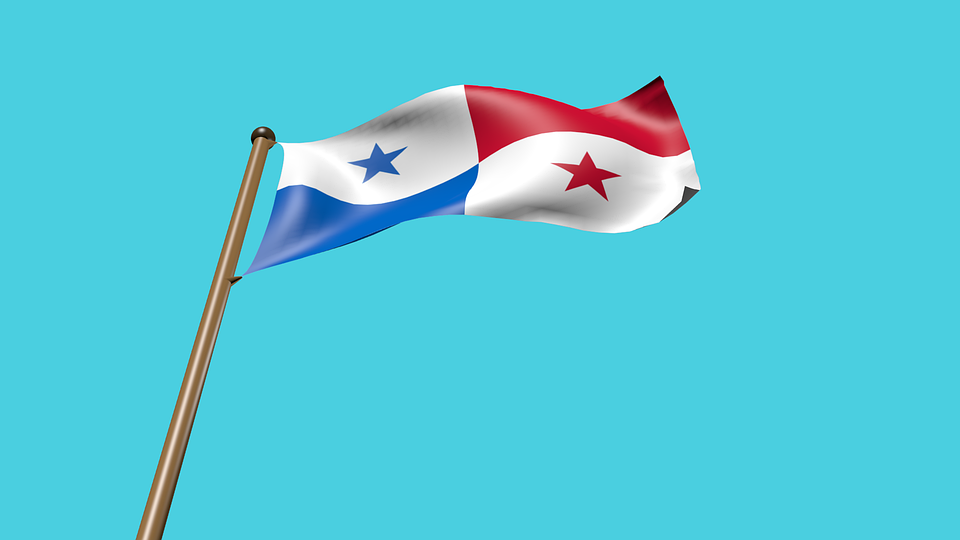Vote counting begins in Panama presidential race focused on economy, corruption
Following weeks of campaign events that featured catchy reggaeton songs and popular entertainers, over 3 million voters are expected to decide who is best placed to fix Panama's pressing economic problems, tackle corruption and restore the country's reputation as an investment haven. Jose Raul Mulino, a former minister who replaced popular ex-President Ricardo Martinelli on the ballot after Martinelli was barred from running due to a money laundering conviction, is leading in opinion polls.

- Country:
- Panama
Panamanian officials began counting votes after polls closed on Sunday in a general election to pick the next president, a tight contest where attention has centered on a former leader holed up in Nicaragua's embassy.
Pollsters believe the eight-person race is too close to call, with the new leader facing the daunting task of mending social divisions and regaining the faith of an electorate fed up with political graft. Following weeks of campaign events that featured catchy reggaeton songs and popular entertainers, over 3 million voters are expected to decide who is best placed to fix Panama's pressing economic problems, tackle corruption and restore the country's reputation as an investment haven.
Jose Raul Mulino, a former minister who replaced popular ex-President Ricardo Martinelli on the ballot after Martinelli was barred from running due to a money laundering conviction, is leading in opinion polls. Mulino has promised to usher in prosperity and to keep out of jail Martinelli, who has played a key role in the elections from within the walls of Nicaragua's embassy in Panama City.
Nicaragua granted the former leader asylum, but Panamanian authorities have blocked him from leaving the country. Mulino visited Martinelli at the embassy after casting his vote. Romulo Roux, in his second bid to win the presidency, and ex-President Martin Torrijos have alternated between second and third place. Trailing closely behind is Ricardo Lombana, who also ran in the past election, and current Vice President Jose Gabriel Carrizo.
Many Panamanians streaming out of voting stations cited graft as one of their main concerns. "I want people with fresh ideas in government to change the face of my country," said Nelson Cedeno, 26, a medical student who backed Lombana, hoping for a "better future without corruption".
Magali Rosa, 60, a retiree, said she voted for Mulino because she felt he could bring more jobs and improve security, and that during the presidency of his backer, Martinelli, there was "a lot of money in the streets". Panama's electoral rules do not require a run-off, making Sunday's result final. Results are expected within a few hours and the winner will take office on July 1 for a five-year term.
No single party is forecast to win control of the legislature, where 885 seats are up for grabs. Lawmakers across different parties who backed a controversial government contract with Canadian miner First Quantum have faced a backlash that could hurt their support.
Many Panamanians took to the streets last year to protest the Cobre Panama mine contract, which opponents argued lacked environmental guarantees and was riddled with corruption. Panama's top court ruled the contract unconstitutional in November. Panama's next government will have to contend with a troubled pension fund system, high levels of public debt and the loss in income from the closure of the mine, which accounted for about 5% of gross domestic product.
Corruption has become a hot-button issue for voters. Local media has recently reported on generous student loans and scholarships granted to the children of politicians and wealthy, high-profile families. After a record 520,000 migrants last year crossed the treacherous jungle that connects Panama and Colombia, known as the Darien Gap, migration is also on voters' minds. Some candidates have vowed to open up the path, which could increase migration flows into Panama, while others want to boost controls to shut it down completely.
The next administration will also inherit problems faced by the Panama Canal, which saw revenues tumble after it was forced to cut ship crossings due to a prolonged drought.
(This story has not been edited by Devdiscourse staff and is auto-generated from a syndicated feed.)










